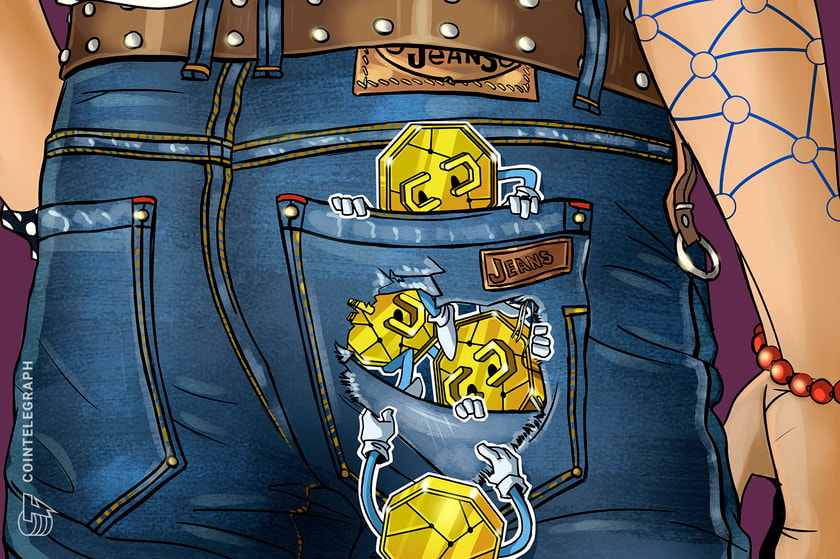US consumer watchdog probes crypto firms over deceptive ads
The Federal Trade Commission is investigating several unnamed crypto firms over possible misconduct in the advertisement of digital assets.

Own this piece of crypto history
Collect this article as NFT
Several crypto firms are facing a probe from the United States Federal Trade Commission (FTC) over possible deceptive or misleading advertisements relating to cryptocurrencies.
According to a Dec. 6 report from Bloomberg, FTC spokeswoman Juliana Gruenwald said the watchdog is investigating “several firms for possible misconduct concerning digital assets.”
Gruenwald did not provide further details about which firms were the subject of the investigation or what had triggered the probe.
However, deceptive advertising and promotion have been a trending topic in the U.S. this year.
In October, reality TV star Kim Kardashian was fined by the United States Securities and Exchange Commission (SEC) for “touting on social media” about the EthereumMax (EMAX) crypto token without disclosing she was paid $250,000 to promote it.
In November, NFL quarterback Tom Brady and NBA point guard Stephen Curry were reportedly among a group of celebrities facing a probe from the Texas financial regulator over their promotion of the now-bankrupt crypto exchange, FTX.
The FTC is an independent agency of the United States which was created to protect the public from deceptive or unfair business practices through law enforcement, research, and education.
Earlier this year, they sent out an alert about a crypto scam with three key components, an impersonator, a QR code and a crypto ATM where the victims will be directed to send money.
They also revealed in a Jun.6 report nearly half of all crypto-related scams originated from social media platforms in 2021, and as much as $1 billion in crypto has been lost to scammers throughout the year.
Cointelegraph reached out to the FTC for comment but did not receive a reply by the time of publication.
Related: Saying ‘not financial advice’ won’t keep you out of jail — Crypto lawyers
Globally, several financial watchdogs and enforcement agencies have also been actively trying to curb deceptive crypto advertisements.
In March, the U.K.-based Advertising Standards Authority (ASA) issued an enforcement notice to over 50 companies advertising crypto, instructing them to review their ads to ensure they comply with the rules.
In August, the U.S.-based consumer watchdog group Truth in Advertising called out 19 celebrities for allegedly promoting nonfungible tokens (NFTs) without disclosing their connection to the projects.
Australia’s financial regulator has also fired warning shots across the crypto industry about deceptive advertising tactics.
In October, the Australian Securities and Investments Commission (ASIC) launched civil proceedings against Australian firm BPS Financial Pty Ltd (BPS) over alleged “misleading” representations concerning its Qoin token.









